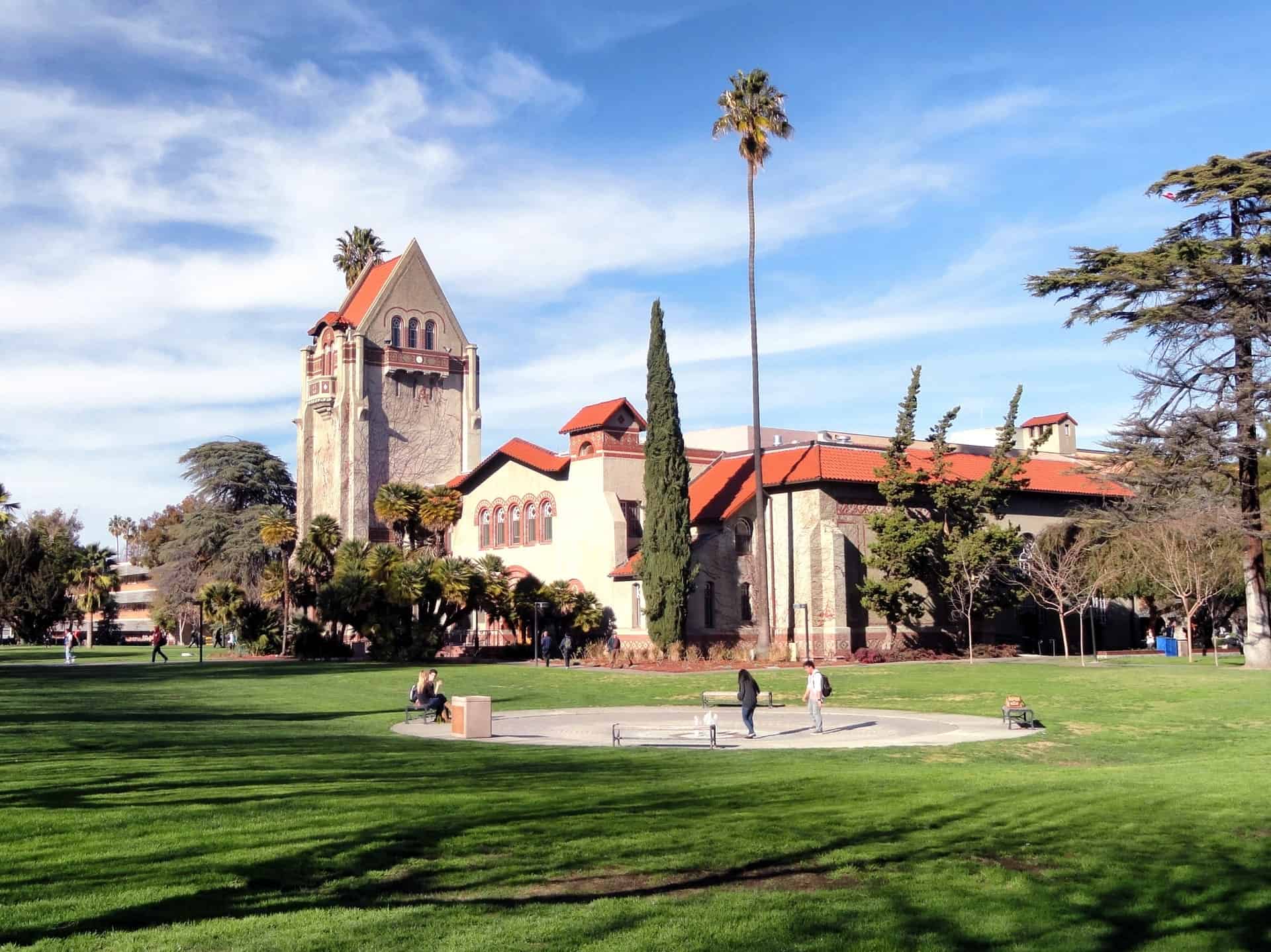California Universities Systems
There are a lot of factors which students need to consider when choosing between California State University (CSU) and the University of California (UC). Though both are public university systems, they differ in many ways. Depending on your academic goals, location preferences, budget and other factors, one of these university systems is likely to be a better match for you. Find out more about what CSU and UC each have to offer prospective students.
Neither the UC nor the CSU system is better than the other – rather, students may be more suited to a particular system due to their academic and/or career goals.
The principal difference between the UC system and the CSU system is that the UC system was designed to produce graduates with bachelors, masters and doctoral degrees with an emphasis on research and theory while the CSU system was designed to produce graduates principally with bachelors with a few masters programs. UC schools make professors, CSU school make working professional adults
University of California (UC) System
The University of California (UC) system is one of the most reputable college systems in the nation.
UC is made up of made up of 10 different campuses, 5 medical centers, 3 national laboratories, 150 academic disciplines, 600 graduate degree programs, and is at the top of California’s three-tier public higher education system.
Each UC campus has a chancellor who is appointed by the Regents of the University of California. University of California campuses employ only the most distinguished faculty from every field and the university is almost universally regarded as one of the top public university systems in the world.
University of California campuses are among the many colleges in southern California. There are UC locations in Los Angeles, Berkeley, San Diego, Santa Cruz, Davis, Irvine, Santa Barbara, Merced, Riverside and San Francisco.
Unique among UC campuses is the University of Califonia, San Francisco, which is the only UC campus to offer exclusively graduate health-sciences programs. The UC Hastings College of Law, also located in San Francisco, while affiliated with the University of California, is not directly administered by the UC Regents.
While admission rates vary from campus to campus, overall, University of California campuses accept the top 12% of student applicants. The UC System also offers the largest selection of graduate programs of any higher education system in the state and supports the largest level of research of any university system in California.
The University of California is well known for the Lawrence Berkeley National Laboratory, a national laboratory the school administers directly for the U.S. Department of Energy. Other laboratories the university manages indirectly include the Lawrence Livermore National Laboratory and the Los Alamos National Laboratory.
California State University (CSU) System
As the third-largest university system in the United States, the California State University (CSU) system comprises 11 different colleges in southern California.
Unlike the UC system that focuses on admitting the top 12.5% of high school students, the CSU system admits the top one-third of high school applicants.
California State University system universities are primarily intended for undergraduate education, but several universities within the CSU system offer graduate programs and many are becoming more involved in research.
Over the last decade, CSU schools including Long Beach State, Cal Poly, Fresno State, Cal State Fullerton, San Francisco State, San Jose State, and San Diego State have become much more research-oriented, especially in the area of applied sciences. In 2007, CSU began granting doctoral degrees in education (EdD) for the first time.
Private Universities of California
In addition to an extensive selection of public higher education institutions, California boasts an impressive selection of some of the top private colleges and university in the nation.
Private colleges in California include the University of Southern California (USC), Stanford University, the University of San Francisco (USF), Loyola Marymount University, Santa Clara University, St. Mary’s College, the University of the Pacific, Pepperdine University, the Claremont Consortium of Colleges, Thomas Aquinas College, Westmont College, Occidental College, and the California Institute of Technology (Caltech).
In addition to those previously listed, there are hundreds of other private colleges and universities in California, including many special-purpose and religious institutions. For example, there are several art and film colleges in southern California near Los Angeles and several more in northern California’s Bay Area, including the CalArts Institute and the California College of the Arts.




